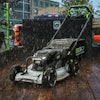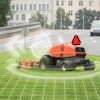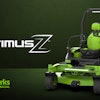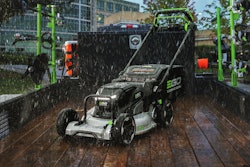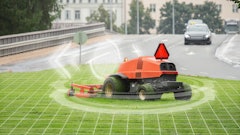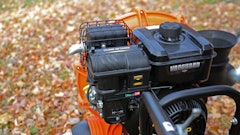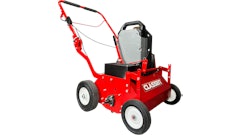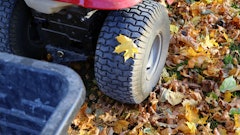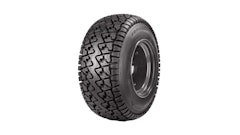With consumer customers shopping more and more for parts, it is demanding more out of dealers. These customers often require more time and effort when making the sale. Managing your time and patience, while providing satisfactory customer service, is key.
Below, a couple of dealers give their best advice for handling the demanding parts customer and getting the sale.
Bill Brooks
Proven Power
Burlington and Oconomowoc, WI
When a parts customer comes in and is unsure of what they need, we describe certain features of the machine to them. We can help decipher what it is they are looking for by explaining where the throttle lever is, where the deck raise mechanism is, or another feature entirely.
We never push them out the door or tell them to come back when they have more information. Occasionally it happens, but for the most part we do everything we can to help determine what the model is by describing certain features. I would say that 90-95% of the time we can come up with a solution.
Aubie Campbell
Campbell's Equipment
Forest Park, GA
Patience is always a virtue and parts counter people need more patience than most. The best approach in dealing with customers that don't provide you with enough information is to show them you really want to sell parts to them.
Letting the customer know you care about them and are working hard to find what they need can go a long way. Let them use the phone and call someone near the machine to retrieve a model number, or give them a business card to call you when they get home and have more information.
You can let them know over the phone if you have their parts in stock before they make the trip back. You can handle a special order over the phone at the same time.
Quick Tips
Other things that Brooks and Campbell say help satisfy consumer customers shopping for parts:
Low Turnover – Very low turnover means parts people become more and more experienced and can quickly sift through and pick out what the customer needs. As their skill level increases, they can easily help the customer figure out what they are looking for with little information.
Long Hours – Staying open later on the weekdays and offering some weekend hours often beats out the competition when trying to reach consumer customers.
Big Parts Inventory – A large parts inventory means a higher likelihood that you have the part a customer is looking for. They may be willing to special order, but if the repair is urgent, they will be happier if you have the part in stock.
Price Shoppers – Remain patient and give them a glimpse at how superior your customer service is. Having the part in stock and being confident in your approach is the best offense.
Read this article to learn how you can run your parts department more profitably.
